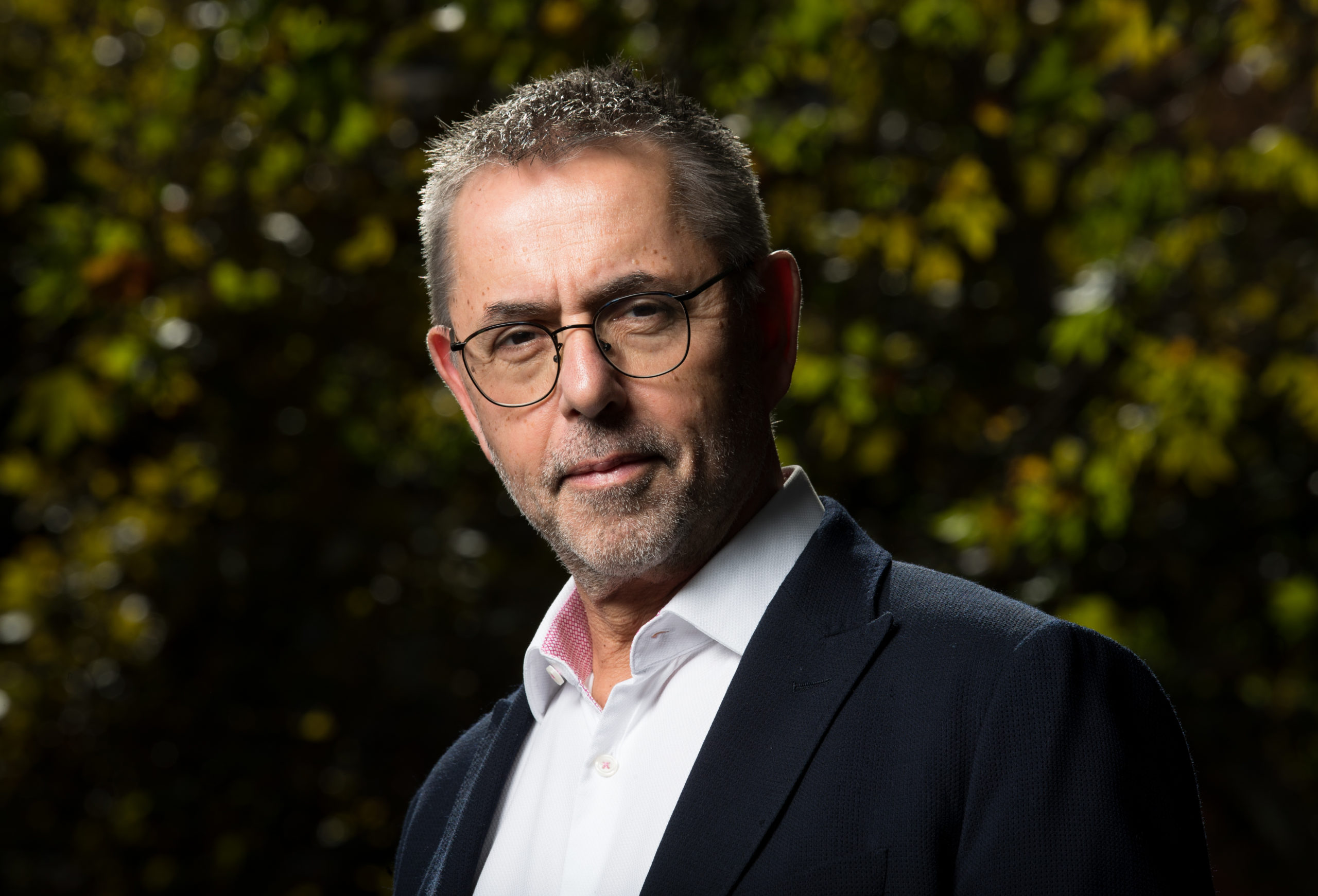As a promotion for his new book on longevity he made a short video answering five questions. I agree with him…mostly.
Here’s what he had to say, plus my thoughts.
- What’s the number one thing you can do for yourself to improve longevity?
Watch what you eat. The quality of your food. How many calories you eat. And keep that gap in calories between what you eat and how much you exercise.
I’m more-or-less with him here. As we get older we need less food but plenty of nutrients i.e. quality food.
I wouldn’t lose sleep over calories though. Too many women have spent too much of their lives focused on calories. Just eat real food, don’t overeat, and move often.
- Does alcohol age you? If so, is there a ‘safe’ amount?
There’s no evidence that alcohol ages you except that if you actually take enough for long enough then you clap out certain organs in your body such as your heart and your liver. So you do age them, but a small amount of alcohol every day doesn’t do you any harm.
The key here is ‘a small amount’. Most people can enjoy a drink without any issues, but a lot of middle-aged and older Australian women do drink too much.
We pour a wine to celebrate, to connect, to relax, to deal with difficult emotions, or just because it’s there. Alcohol can be a big factor in some cancers (e.g. bowel and breast), and as Norman says, organ damage. We need to support each other to stay on the healthy side of the line.
- Is there a food or drink you avoid?
The food that I try to avoid is food with saturated fat. Saturated fat is really not very good for you. And I also try to avoid eating too much that’s too simple. I like diverse diets.
Yes to diverse diets. A broad range of foods is more likely to provide a broad range of nutrients.
But the saturated fat comment is interesting.
I get that he grew up in Glasgow with parents who apparently never said no to a smoke or deep-fried food. And Glasgow has been the heart disease capital of the UK, though that’s certainly improved.
I also get that he largely takes a conservative medical view, and saturated fat has been on the outer in the medical world since the 1950s (and Ancel Keys, who I mention in the post on the Mediterranean Diet).
But at some point we need to acknowledge that there’s a difference between processed fatty foods such as donuts, hotdogs, commercial biscuits and the like, and good quality dairy, eggs, meat or even dark chocolate. Arguably they all contain saturated fat, but there’s nothing unhealthy about the second group.
Moreover, there’s no plausible research showing that saturated fat causes heart disease or any other condition.
Cochrane reviews are scientific investigations of research to answer specific health questions. They’re regarded as the gold standard in academic research. Four Cochrane reports on dietary fat have been published between 2000 and 2020 and none found any issues with saturated fat.
It’s time stop beating that drum.
- What’s your go-to meal to cook?
My go-to meal to cook is actually a salad niçoise. And it’s pretty healthy. It’s got an egg, it’s got anchovies, it’s got tuna, and lots of vegetables in it. I love tuna niçoise.
Nice choice. A classic Mediterranean salad from the south of France that also contains tomatoes, olives, green beans and boiled potato. Add a healthy vinaigrette and voilà.
- How much sleep does a person need and how can quality of sleep influence longevity?
There’s a lot of confusion about duration of sleep. We tend to think that seven or eight hours is the magical thing and if we sleep longer than that or shorter than that it’s bad for us and we’re going to head towards doom and destruction.
It turns out, particularly with shortened sleep – under six hours – it’s not so much the duration of sleep that counts but your quality of sleep. The best sleep therapy in the world doesn’t turn you from a six-hour a night sleeper to an eight-hour a night sleeper, but it does get you waking up in the morning refreshed with a consistent night’s sleep.
Yes, quality sleep matters. We want to wake up feeling ready to handle the day, at least most of the time.
Last month I wrote about an American sleep scientist who likened a decent night’s sleep to emptying the rubbish bins, because sleep is an important way for our bodies to heal and remove waste.
She also endorsed the lost art of having a nap after lunch to recharge our batteries.
Photo Source: Brisbane Powerhouse

